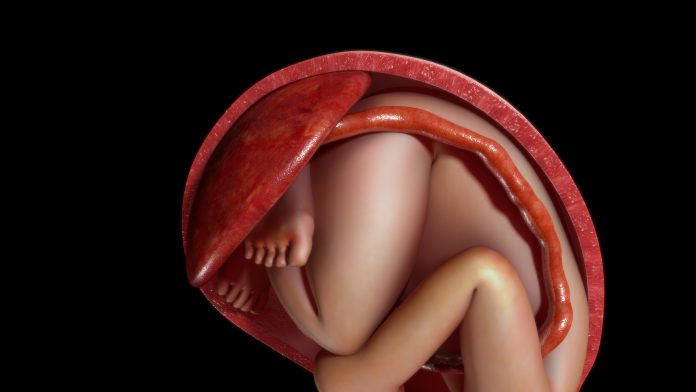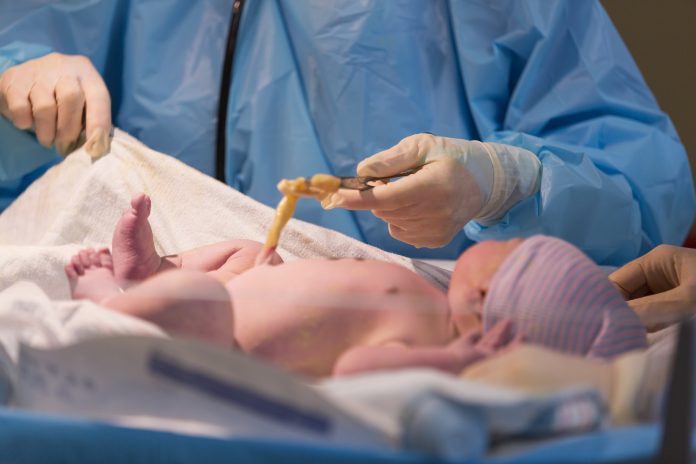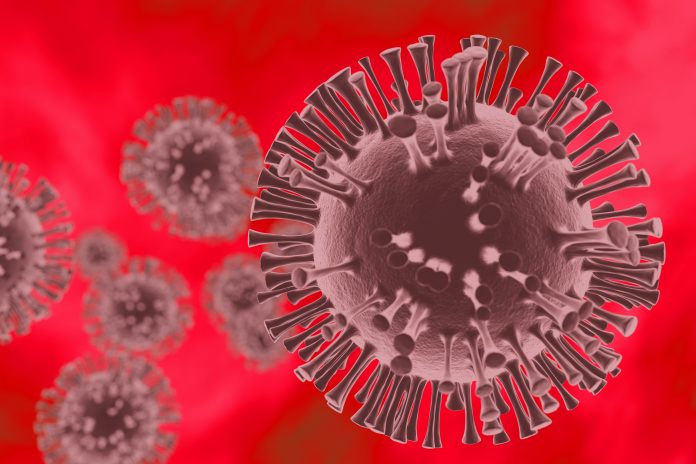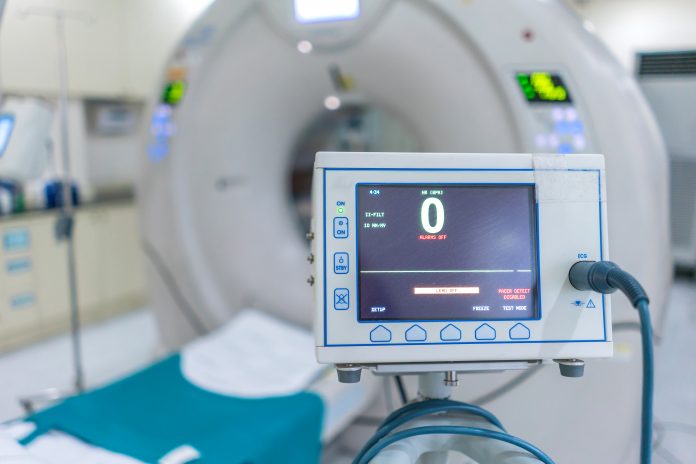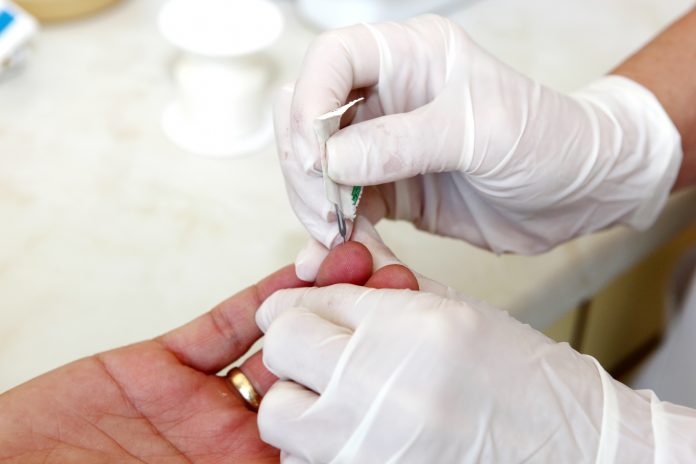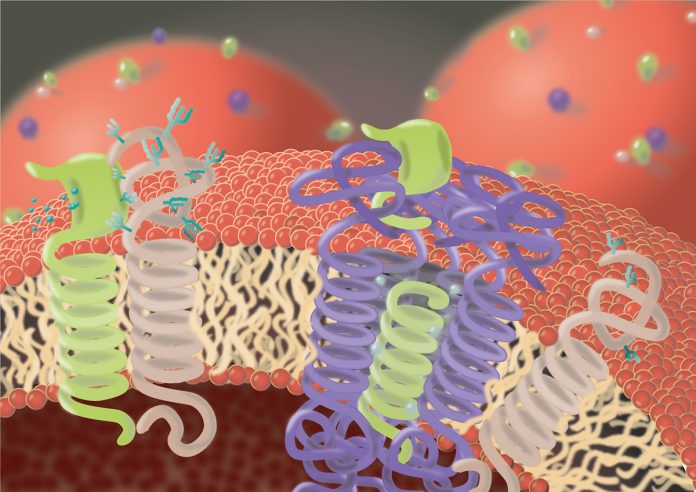Open Access Government produces compelling and informative news, publications, eBooks, and academic research articles for the public and private sector looking at health, diseases & conditions, workplace, research & innovation, digital transformation, government policy, environment, agriculture, energy, transport and more.
Home Search
red blood cell - search results
If you're not happy with the results, please do another search
Ivermectin effective in reducing mild COVID-19
A new study has found that early administration of ivermectin can reduce viral loads and symptom duration in patients with mild COVID-19.
Reducing the burden of diabetes management through flexible and discreet insulin delivery
Alex Evans, UK Country Manager for ViCentra B.V., discusses how insulin pump system Kaleido can provide solutions to reduce the practical and emotional burden of living with diabetes.
Natural ingredients that help with diabetes
Mina Khan, Pharmacist, explores what naturally occurring ingredients are clinically associated with lowering blood sugar.
Artificial beta cells could lead to new diabetes treatment
Researchers from the University of North Carolina and NC State have developed artificial beta cells that automatically release insulin into the bloodstream when glucose levels rise, leading the way for new diabetes treatment.
Pyroptotic cell death: Controlled self-destruct that causes inflammation and disease
Associate Professor Petr Broz discusses pyroptotic cell death, the controlled cellular explosion that can harm your health.
Could placenta cells save patients with severe COVID-19?
Israeli therapeutics firm, Pluristem, have recently pioneered a breakthrough treatment which administers a unique placenta-based cell therapy to COVID-19 patients who have been identified as high-risk mortality cases.
Can vitamin D reduce the risk of COVID-19 complications during pregnancy?
Dr Larisa Corda, leading Obstetrician and Gynaecologist sheds some light on how vitamin D supplementation canbe vital to maintaining good health during pregnancy, particularly throughout the COVID-19 pandemic.
Umbilical cord stem cells have the potential to treat COVID-19
Studies suggest that the use of mesenchymal stem cells collected from umbilical cord blood and tissue are a safe and effective way to alleviate symptoms of coronavirus and promote fast recovery.
Blood cells provide new clue for treatment of COVID-19
Researchers studying coronavirus cases in China have found that Cytokine storms and T cell counts may offer clues on how to treat COVID-19.
Taking the edge off nitric oxide: The functional impact of myoglobin redox homeostasis
Professor Ulrich Flögel, Heinrich Heine University Düsseldorf, details to us how to reveal the functional impact of myoglobin redox homeostasis by cardiac magnetic resonance.
Eye health: Testing the safety of stem cell therapy for age-related macular degeneration
Kapil Bharti, PhD, Senior Investigator and Head of the Ocular and Stem Cell Translational Research Section at the National Eye Institute (NEI), explains testing the safety of a stem cell therapy for age-related macular degeneration in this special focus on eye health.
Researchers use blood test for rare genetic condition
PTC Therapeutics have announced the use of a blood test for the rare genetic condition, aromatic L-amino acid decarboxylase (AADC) deficiency.
Hand hygiene helps reduce HCAIs
Chris Wakefield, Vice President at GOJO Industries-Europe Ltd, highlights how hand hygiene systems reduce the spread of healthcare-associated infection (HCAI).
Smart Cells release 21st Stem Cell Samples to treat a child with Cerebral Palsy
The latest release of Stem Cell Samples from Smart Cells was used to treat a child with Cerebral Palsy at Duke University Hospital, in the United States.
Spotlight on tea’s top healthy ingredients
Tea is the nation’s favourite drink and for good reason: it not only tastes great, but it’s good for our wellbeing as it is full of healthy ingredients.
A new front against Ebola: Extensive support for preparedness activities in Africa
Dr Ibrahim Socé Fall tells us about the excellent work that WHO Regional Office for Africa is doing around Ebola in the Democratic Republic of Congo (DRC).
Health research: Why can asthma still not be cured?
Prof Dr Michael Roth poses the big question about asthma and the lack of a cure, discussing the causes and medications used to help control it.
Health research: Why can asthma still not be cured?
Michael Roth, Research Group Leader at the University Hospital Basel explains what asthma is, its health impact and charts research landscape in the field.
Diabetic retinopathy research and thioredoxin-interacting protein (TXNIP)
When it comes to the field of diabetic retinopathy research, Dr Lalit Pukhrambam at Wayne State University is exploring ways to prevent blinding eye diseases due to diabetes by targeting a protein called thioredoxin-interacting protein (TXNIP). Gene therapy is, therefore, a promising option
Intramembrane proteases: Regulators of cellular pathways
Prof Dr Regina Fluhrer from Biomedical Center (BMC), Ludwig Maximilians University of Munich (LMU) & German Center for Neurodegenerative Diseases (DZNE) shares her expertise on the field of intramembrane proteases, focussing on regulation of cellular pathways






